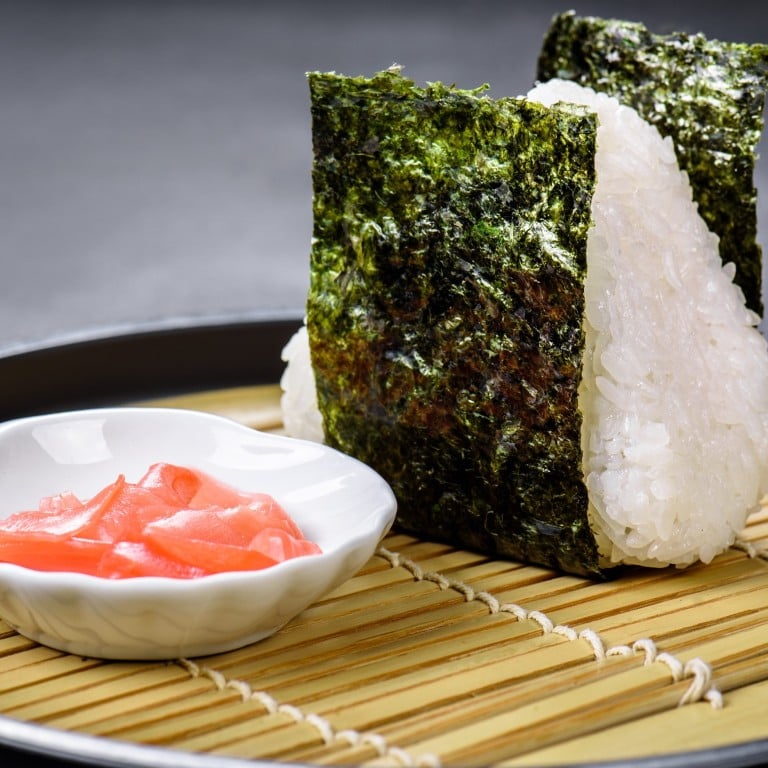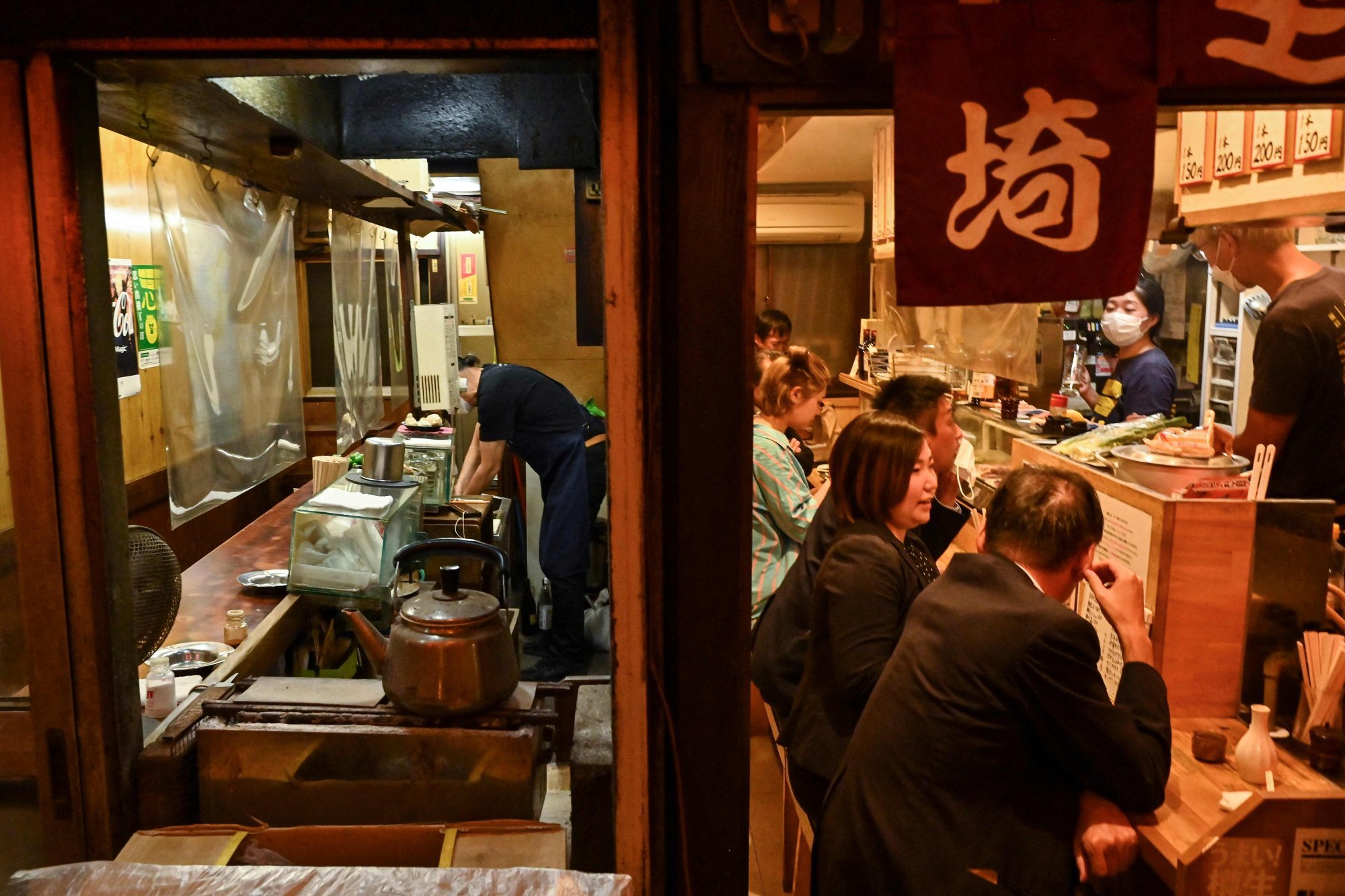
‘Food terrorism’: why Japanese companies are seeking insurance to cover legal and PR fees
- Japanese insurers are reporting a rise in demand for policies to guard against so-called baito tero incidents
- Such incidents in Japan, ranging from staff wiping fingers in pizza dough to customers licking tea cups, have gone viral in the past year
Such misbehaviour has been coined baito tero, a combination of arubaito, the Japanese version of the German word for “work”, and an abbreviated form of the English term “terrorism”.
The apparent resurgence in baito tero cases, driven by young people seeking online adulation, is forcing more companies to take precautions.
Japan sushi chain seeks US$480,000 in damages from boy who licked soy bottle
On February 14, Domino’s Pizza Japan issued a statement: “Deepest apologies to our customers for any discomfort or inconvenience caused. From now on, the entire company will do its utmost to prevent a recurrence and restore trust.”
The apology came after a clip was widely shared on X two days earlier showing a young employee at a Domino’s store in Hyogo Prefecture sticking a finger into his nose and then rubbing it into pizza dough.
The employee who was filmed and a colleague who took the footage and then shared it on social media have been fired and the company is planning to take legal action against the duo, officials told the Yomiuri newspaper.
Quizzed by managers, the employee said: “I did it because I thought it would be funny. I really regret it.”
Makoto Watanabe, a professor of communications at Hokkaido Bunkyo University in Eniwa, told This Week in Asia: “These are largely young people who see they can make money from posting images on social media to get more ‘likes’ and views, so they see this as fun but forget the ethics of the situation, and the code of conduct that goes with working for a company.
“These are lessons that should have been taught by parents or instilled in young people by the society that they grew up in or in their schools but for some reason, they did not learn them.”
Other previous baito tero incidents include a part-time worker in a restaurant squirting whipped cream into a colleague’s mouth, employees wearing pizza dough as a mask, cleaning their feet in a dishwasher and climbing into a freezer containing ice cream in a 24-hour store.

The repercussions of staff playing pranks can be serious for businesses. A Tokyo noodle restaurant had to file for bankruptcy and went out of business in 2013 with debts of 33 million yen (US$219,000) after a university student shared a picture on Twitter of him sitting inside the restaurant’s industrial washing machine.
“If someone is breaking the law and damaging the reputation of a company in this way, then the legal route is by far the best course of action,” a human resources executive at a multinational advisory firm in Tokyo told This Week in Asia.
“It is unfortunate they have to resort to insurance because that is costly and it suggests they are expecting something negative could happen to their company,” said the executive, who declined to be named as she was not authorised to comment on the matter.
“In the US or other jurisdictions, an employer would simply sue the company that provides the staff [linked to such incidents] but it would be harder to sue them as individuals,” she added.
US influencer’s arrest in Japan shows lengths people go to be ‘famous’
Japanese companies affected by baito tero incidents are following through with criminal complaints in the hope of convincing others not to do the same. They cover the cost of their legal fees through insurance against such incidents and bring in crisis management experts to limit the damage to their reputation.
Insurers have introduced new policies in recent years to mitigate the risks faced by their clients against baito tero incidents.
Such a policy by Sompo Japan Insurance has attracted more than 20,000 companies to sign up since its launch in 2020, the Mainichi newspaper reported.
A similar policy offered by Tokio Marine & Nichido Fire Insurance Co known as “reputation expense insurance” includes working with a consultancy to set up a press conference to apologise for any such incident and demand for it has risen by 20 per cent annually.
Japanese diner in hot water for rubbing sushi with spit-covered finger
Hokkaido Bunkyo University’s Watanabe believes that prosecution and media coverage would go a long way in convincing young people not to carry out such pranks.
“I think it will be effective. They might have thought before that they would get away with it if they just say ‘sorry’,” he said. “Now they are being prosecuted and everyone is reading about them in the media, they realise it is serious.
“It may take a while to stamp this out entirely but I think this approach would prove to be effective over time.”

